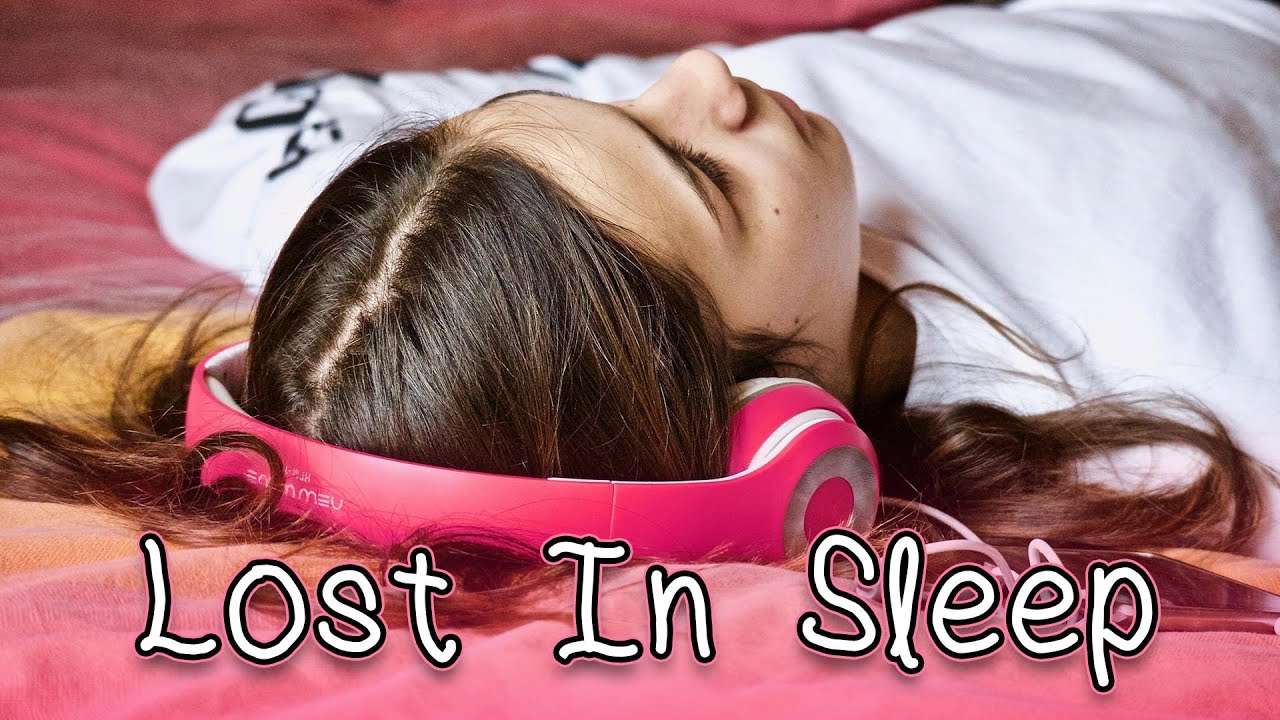
There’s a growing body of evidence that music improves mental health. Research on community drumming groups has shown that people are more resilient and develop better psychological states. Another study of postnatal depression mothers found that they improved more quickly with group drumming than with usual care. In addition, the study showed that group drumming helped mothers develop greater social and emotional resilience.
Music improves mood
Music has numerous benefits for our mental health. It can improve memory, improve mood, and stimulate learning. It can also increase productivity. Music is a great stress reliever. Studies have shown that listening to the right type of music can improve a person’s mood, improve their work, and encourage them to exercise.
Listening to music is a great stress relief, as it can lift people up when they’re feeling down. It can also help people relax and sleep better. Researchers have found that listening to classical music at bedtime reduced anxiety levels and increased sleep quality. Listening to music while you sleep has also been found to lower symptoms of depression.
Another benefit of listening to music is that it allows us to express our emotions. Whether you’re singing to yourself or to your loved ones, music can help you express your emotions and feelings. It allows you to let your feelings out without thinking about them. It also gives you a brief escape from your worries.
Research has also shown that music reduces the stress hormone cortisol and raises dopamine, which elevates our mood. This happens in the amygdala, which is responsible for processing music. Playing happy music during surgery helps patients reduce their anxiety levels and need less pain medication.
Emotion regulation
Music is a powerful tool for improving mental health. It can help regulate emotions and increase self-awareness. It has been proven to be more effective than group activities when it comes to emotional regulation. People with high emotional intelligence also make better use of music. Listening to music can help you achieve balance and prevent depression.
The researchers tested the effects of music on mood in participants with and without depression. They assessed participants’ responses to a series of mood and emotion regulation questionnaires. People who listened to sad or aggressive music were more likely to experience anxiety and neuroticism. The findings also showed that males were more likely to experience negative feelings while listening to music that contained aggressive themes.
The strategies used for regulation differ among individuals. They are not universally applicable and can be affected by cognitive biases and incorrect implementation. The researchers noted that emotion regulation strategies are context-adapted, and therefore difficult to measure in a static laboratory setting. The study was able to identify three common strategies people use.
People who are able to regulate their emotions are more flexible in their thinking, have better impulse control, and problem-solving abilities. In turn, this has a positive impact on society. Studies have shown that positive emotional regulation increases confidence and overall happiness. It also allows the brain to access its creative side.
Attention
Music can have a profound affect on our mood, making it a valuable aid for people struggling with depression and anxiety. Moreover, it can open doors to other ways of improving mental health, including learning a musical instrument, which can improve self-confidence and open doors to new people. Listening to music can also improve our sleep and help us relax.
Researchers have also discovered that playing an instrument and singing improves mental health. According to a study by the Global Council for Brain Health, music engages more parts of the brain than any other activity, including attention, language, emotion, memory, and thought skills. Music helps the brain work together, which increases its capacity for creativity and problem-solving.
In addition to improving our mental health, music can improve our physical health. A meta-analysis of 26 studies of music interventions showed that a subset of participants showed clinically significant improvements in their mental health after engaging in music therapy. In addition, these studies revealed substantial variation in the effectiveness of musical interventions.
People can experience acute stress when they are facing a tough problem, and chronic stress leads to hormonal imbalances that can lead to headaches and insomnia. Listening to music can reduce this acute stress, and it can also prevent chronic stress. Music is an excellent way to soothe your mind and body, and it has been proven to help with a variety of mental illnesses, including depression.
Memory
Music has a calming effect on the human brain. It helps in improving memory and maximizing learning abilities. It also helps in changing a person’s mood. Bright musical tones and lyrics can improve one’s mood and help them feel empowered. In addition, music can also help people stay active and relaxed. However, it is essential that one chooses the right genre of music for their needs.
Music can help improve the mental health of sufferers of bipolar disorder, schizophrenia, and dementia. It has also been shown to boost social connectedness among those with these illnesses. In addition, listening to familiar music can increase the brain’s function. Music can also calm and motivate people with serious mental illness.
The effects of music on the brain are different for different genres. For example, classical music increases dopamine secretion and improves self-identity. Heavy metal improves motor functions and promotes emotional responses. While rap and jazz music stimulate the brain, they are not the most appropriate choice for a mental health problem.
In addition to boosting mood, music can also heal a broken heart. Music has been an integral part of human coping mechanisms for centuries. It has even been used as a form of therapy by medical professionals.
Pain relief
There are many ways music can improve your mental health and ease your pain. Studies show that music activates reward centers in the brain, which overlap with pain relief centers. This can reduce pain by regulating emotions related to pain perception. Although scientists aren’t entirely sure what causes music to have this effect, they believe that the experience of music is important for relieving pain. In one recent study, researchers asked 286 people to rate their pain before and after listening to a specific musical track.
Music may also relieve pain by distracting the listener from pain. Studies have shown that music can reduce pain by reducing anxiety and stress. The most effective music is the type chosen by the patient. In addition, listening to music while having surgery can improve surgical outcomes. People who listen to music in the operating room experience fewer painful reactions and need fewer pain medications.
Music is also used in therapy for people with neurological problems. Researchers have found that music improves movement in patients with Parkinson’s disease and stroke. Because music has a powerful effect on the brain, it is becoming a key component of rehabilitative care. In addition to pain relief, music may even improve mental health and mood, and future studies may suggest that it may also improve a patient’s quality of life.
Whether you are recovering from a stroke, heart attack, or a cancer diagnosis, listening to music will help you cope with the pain and anxiety of the situation. It helps you communicate your feelings, reduce stress, and improve your overall quality of life. Additionally, music has been shown to speed up recovery from a stroke. According to a study conducted by Finnish researchers, stroke patients who listened to music before surgery had better memory and attention and used less pain medication.
Social connectedness
Music activates many areas of the brain, including those that deal with social connections and empathy. Studies have shown that listening to music can help people to improve their mental health. Researchers have even found that it can improve social connections and decrease stress. Music is beneficial for people of all ages and cultures, and its effects are not limited to therapists.
Research shows that sustained choral singing improves social connectedness and reduces loneliness. Music also provides a temporary sense of social surrogacy for individuals who may be unable to interact with others. This effect is even more dramatic if the individuals are experiencing social isolation. Loneliness can have dramatic health consequences, including lowered sleep, increased cortisol levels, and a decreased sense of contentment. Furthermore, loneliness is a known risk factor for depression and antisocial behavior.
Although the results of the study are promising, there are several limitations. First, the sample is relatively biased. The survey questions were only asked of respondents who had indicated that they had participated in some form of arts activity within the past 12 months. In addition, the sample included individuals with higher levels of depression and loneliness, which may have influenced how they reflected on the benefits of arts participation for social connectedness. Second, the analysis process was interpretive. The authors of the study independently cross-checked themes at three time points, and the final themes were agreed upon by all three authors.
The researchers concluded that the majority of respondents reported that their arts engagement improved their social connectedness. Live music and theatre performances were the most commonly reported arts activities related to social connectedness among respondents.


